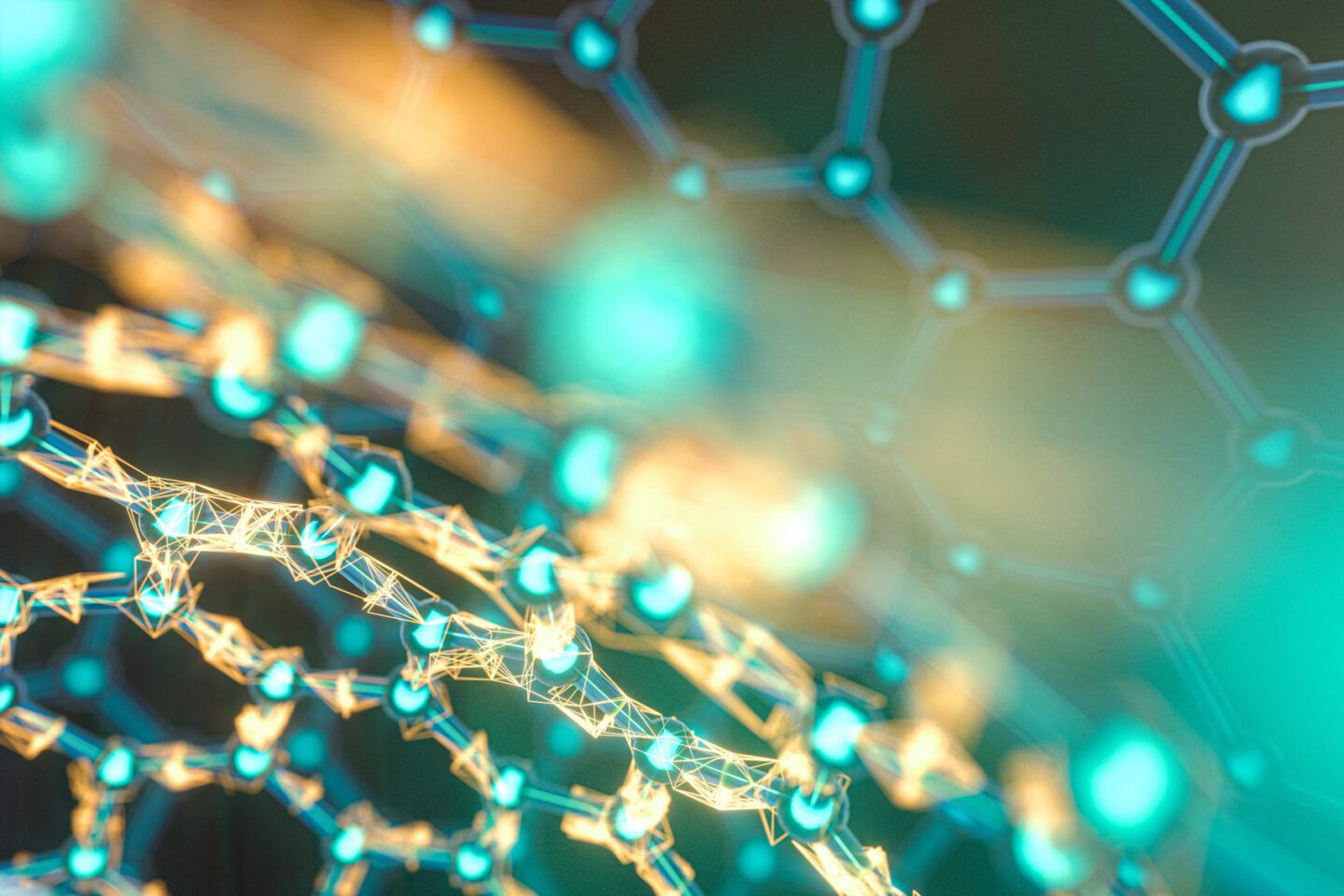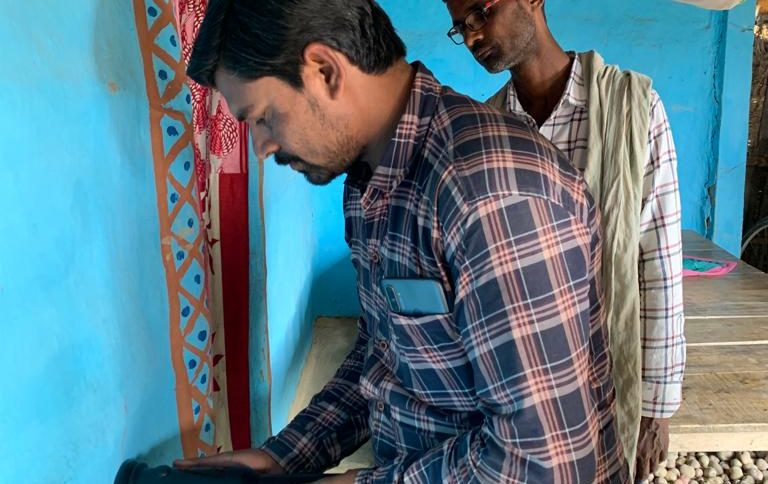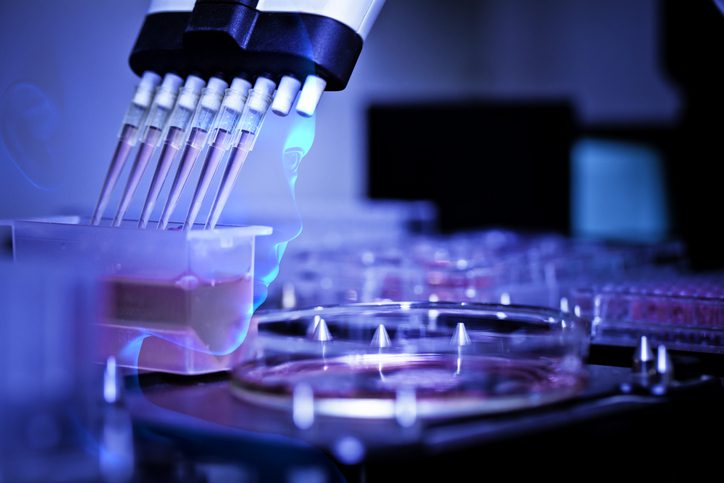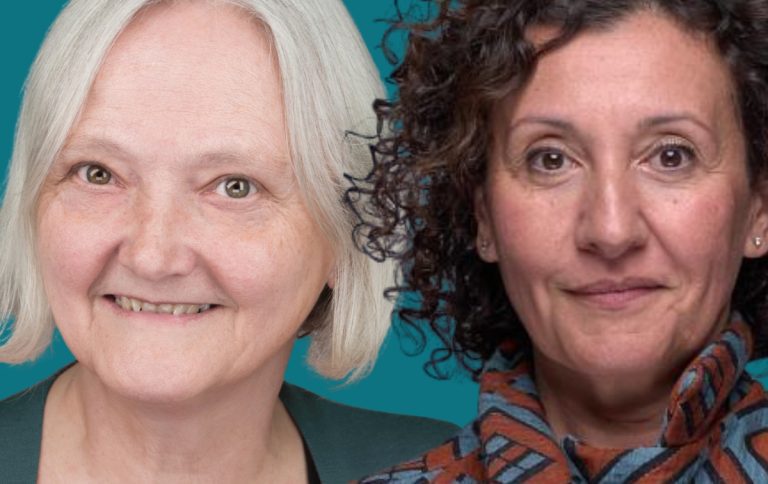- Find our latest Case Studies
- Our Platforms

Platform 9: Nanotherapeutics
As a result of significant public research and development investment, many promising prototypes for nanomedicine applications in the areas of therapeutics, diagnostics and regenerative medicine are reaching clinical trials and are entering the regulatory approval pathway. This trend is exemplified by the recent success of the COVID-19 vaccines from Moderna and Pfizer-BioNTech.
There is a growing requirement by regulators and developers to de-risk translation by better understanding the critical determinants of efficacy and safety. Nanotechnology offers great promise for treatment and diagnostics but is constrained by the interdisciplinary expertise required for robust characterisation needed for progression towards clinical trials.
Led by The Nanotherapeutics Hub, located at the University of Liverpool, this platform provides industry partners access to the Hub’s expertise and its network of UK partner organisations to support the development of innovative new antimicrobials, and vaccines, leveraging nanotechnology.
Professor Neill Liptrott “As an iiCON platform, we bring expertise in the field of nanotherapeutics which encompasses applications in infectious disease, cancer, immune modulation and regenerative medicine. The benefits, and promise, of nanotechnology, are clear. However, robust characterisation of their interactions with biological systems is vital to their translation to clinical use.
Using our expertise, we are determining critical quality attributes for nanotherapeutics to assist in the future rational design of advanced materials. This is supported by our partnership with the National Measurement Laboratory and our links to national, and international, activities.”
For more information or to learn how your business can engage with this platform.
Platform Lead
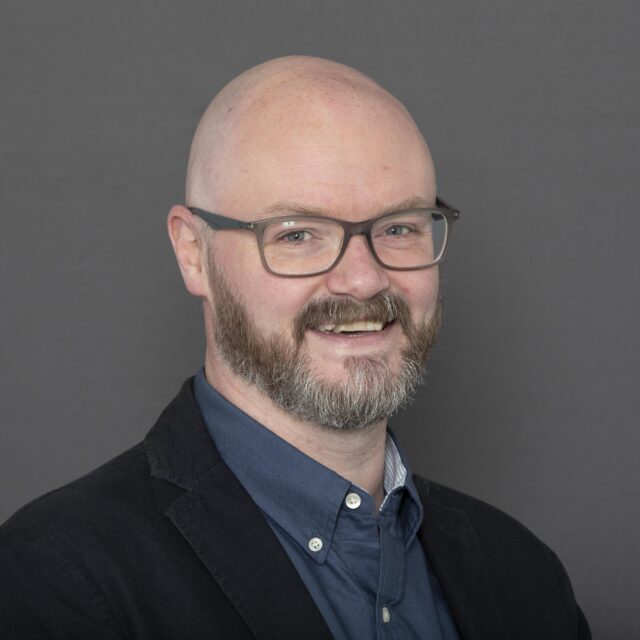

Professor Neill Liptrott
Chair of Pharmacology at the University of Liverpool, Coordinator of The Nanotherapeutics Hub at The University of Liverpool
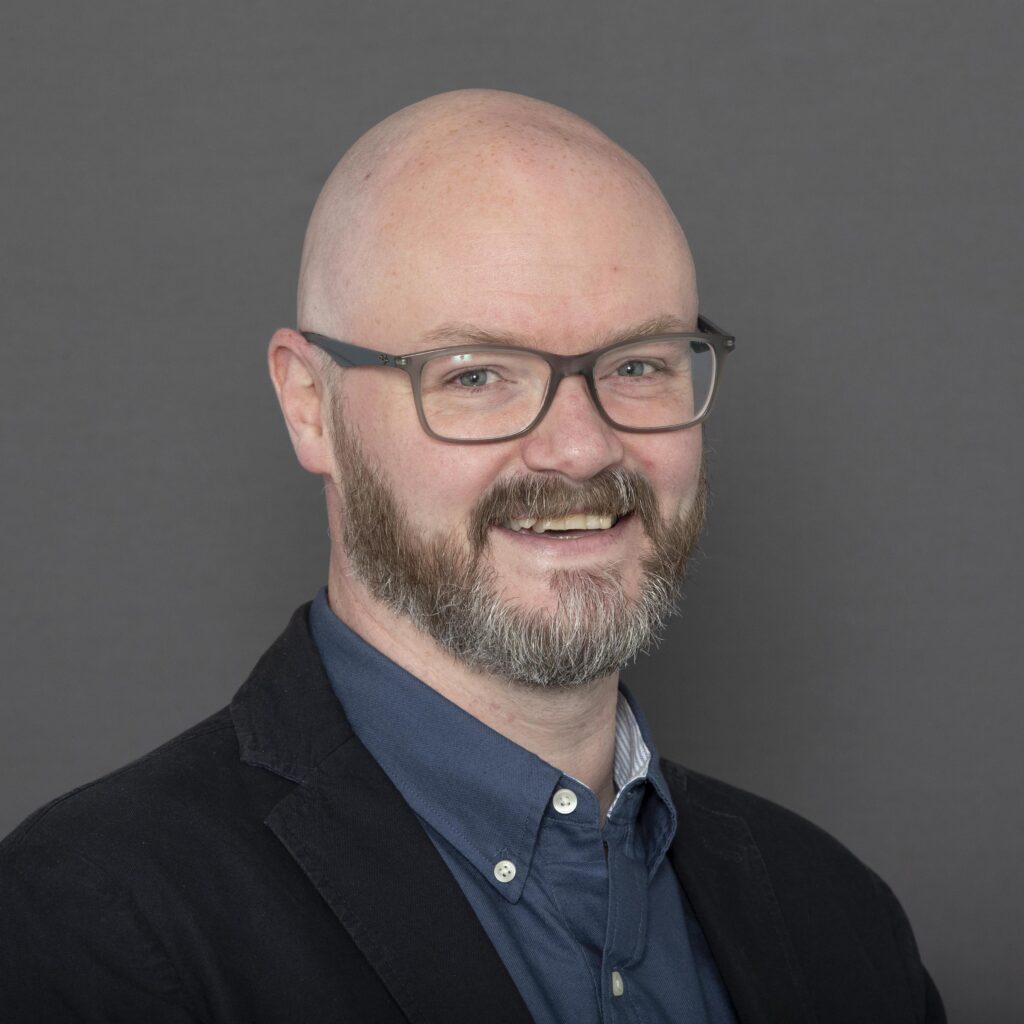

Professor Neill Liptrott
Chair of Pharmacology at the University of Liverpool, Coordinator of The Nanotherapeutics Hub at The University of Liverpool
Prof. Liptrott, Chair in Pharmacology and Immunocompatibility at the University of Liverpool, has expertise in pharmacology, immunology, and molecular cell biology.
As the principal investigator of the Liverpool Immunocompatibility Group, Coordinator of the Liverpool Nanotherapeutics Hub, and Platform manager (Nanotherapeutics) for the Infection Innovation Consortium (iiCON), he oversees critical research initiatives. His roles extend to serving as a member of the Liverpool City Region Health & Life Sciences Board; biocompatibility leads for the Centre of Excellence for Long-acting Therapeutics (CELT) and steering board member for the Intracellular Drug Delivery Centre (IDDC).
Prof. Liptrott’s research investigates the biological interactions of complex medicines, advanced therapeutics, and biomaterials, assessing their biocompatibility, immunomodulatory potential, and risk. Notably, his work has supported the successful translation of solid drug nanoparticle formulations through GMP manufacture for HIV treatment. He supports developers in navigating the complexities of advanced therapeutics for clinical studies.
Prof. Liptrott contributes significantly to various organisations, serving as a member of the Executive Board and Core Expert Team for the European Nanomedicine Characterisation Laboratory (EUNCL) and as Academic in Residence at the National Measurement Laboratory, among other roles. He is actively involved in initiatives such as creating the British Society for Nanomedicine and serves as an elected Trustee, emphasising immunological safety. At the University of Liverpool, he spearheaded the establishment of the MSc in Pharmacology and Toxicology, where he serves as programme director.
